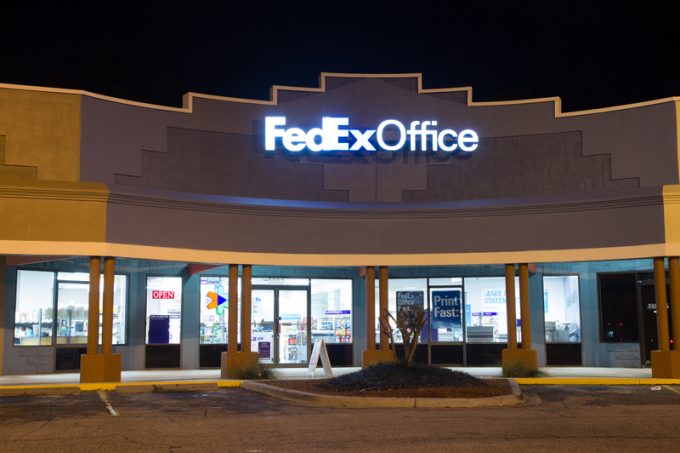Truckers face a serious threat as large shippers develop networks
Amazon and Walmart are poised to disrupt the trucking industry, and more large shippers may ...

FedEx is enabling online merchants to promise their late-night customers delivery of their purchase on the following day.
FedEx Extra Hours, the integrator’s latest offering, pledges next-day delivery in local markets for items ordered before midnight, with pick-ups until 2 am. To other destinations in the continental US, delivery is within two days.
To ensure speedy delivery, the service draws on inventory in stores as well as distribution centres.
The programme began as a pilot in a number of markets, serving customers like ...
Trump tariffs see hundreds of cancelled container bookings a day from Asia
'Disastrous' DSV-Schenker merger would 'disrupt European haulage market'
'To ship or not to ship', the question for US importers amid tariff uncertainty
'Chaos after chaos' coming from de minimis changes and more tariffs
List of blanked transpac sailings grows as trade war heats up and demand cools
EC approves DSV takeover of DB Schenker
Shippers in Asia restart ocean shipment bookings – but not from China
Forto 'sharpens commercial priorities' as it lays off one-third of staff
India withdraws access for Bangladesh transhipments, in 'very harmful' decision
'Tariff hell' leaves industries in limbo – 'not a great environment to plan'
IndiGo fleet expansion plan will include a major push to boost cargo volumes
Pre-tariff rush of goods from US to China sees air rates soar, but not for long

Comment on this article
John
February 06, 2019 at 3:40 pmFree shipping only exists in marketing heads, in reality it someone’s cost.
Interesting offer by FedEx, but will many retailers like to keep their stores/dc be operational late at night to enable overnight delivery?